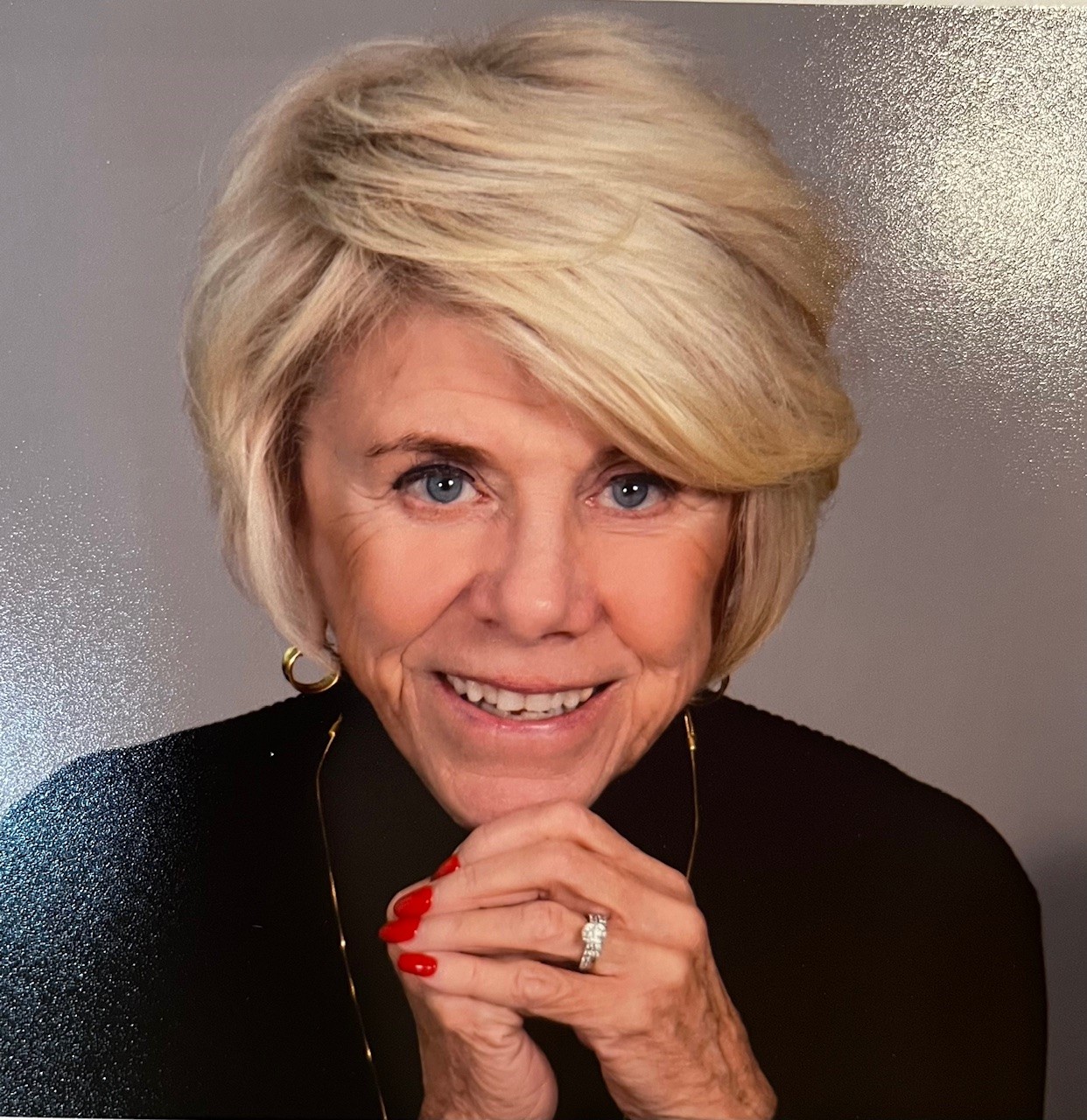
[Flash] Go Ahead, Motivate Me. That’ll Be Fun.
|
When I first flirted with public speaking, I jumped on any stage I could find – audiences were everywhere! I gave “motivational” talks on how to take life by the horns!
That is until the day an audience member walked up to me and sneered, “Go ahead, motivate me. This should be fun.” She may have been derisive, but she was right. We can’t motivate people. Motivation is intrinsic – people must motivate themselves. What can we do? Inspire, influence, and encourage. A similar challenge plagues mentoring programs:
Program leaders often mistakenly recruit people who want a mentor instead of looking for motivated people ready to work with a mentor—a slight but essential nuance. I conducted an informal poll earlier this year, and the results underscored this lack of motivation. Poll: “Why have you not yet worked with a mentor?” In other words, when people aren’t motivated to create or change something, they have no burning need to seek a mentor’s advice, guidance, support, ideas, connections, resources, validation, or encouragement. And that’s when we hear the banal, “I’m-so-busy.” Regardless of how busy people are, when they are motivated, they make time. When they uncover their motivation, mentoring becomes the gateway. But how do we identify our motivation? Intentionally. My friend and colleague April Stensgard recently introduced me to MCode, an assessment designed to unearth motivations—the hidden forces that drive us. Admittedly, when I took the assessment, I was not surprised by my motivational code; I was surprised that I had lost sight of what motivates me. The exercise ignited a fire I had forgotten. From this fire springs goals! The tipping point in any mentoring program occurs when we anchor mentoring to that which is important to participants – their motivations, their goals! Anchors
Mentors can’t spark the fire, but they definitely fan the flames. © 2024. Ann Tardy and MentorLead. www.mentorlead.com. All Rights Reserved. |







